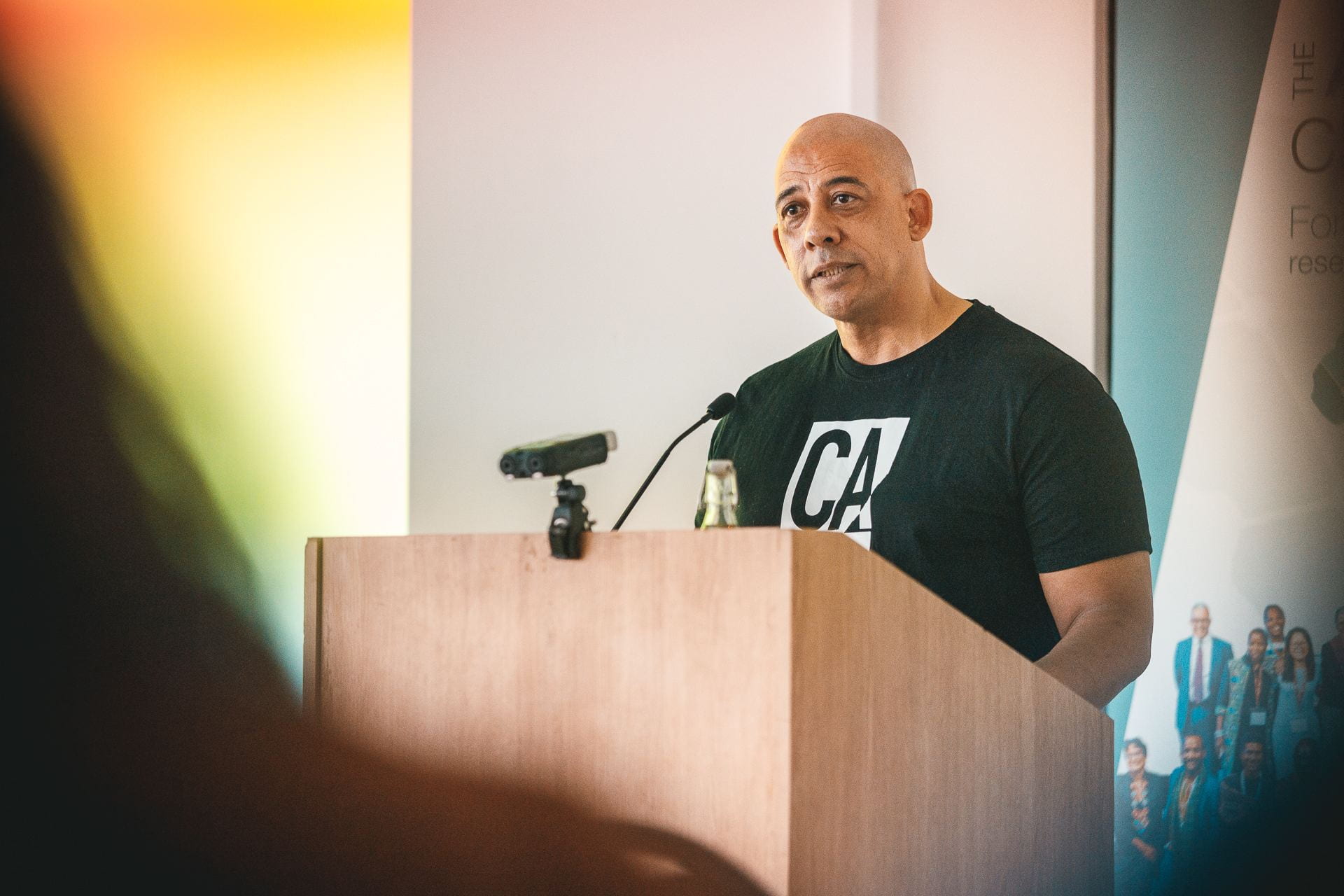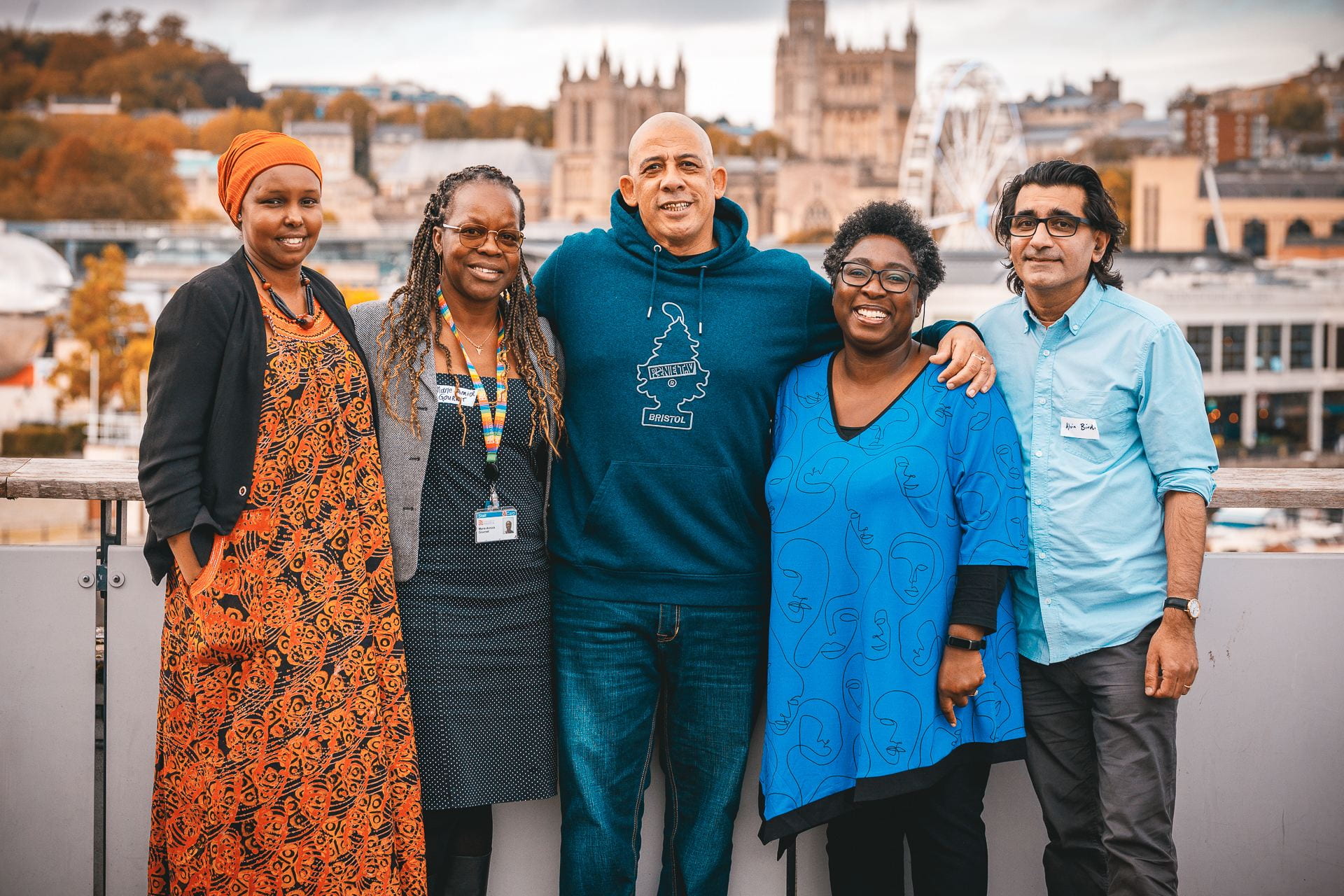To celebrate our event on Bristol and the Africa Charter, Dr Lawrence Hoo was commissioned to write a poem. Here we ask him about his process and inspirations.
What was your experience of undertaking this commission from the University? How does it follow on from, fit into, or diverge from, your previous body of work?
It was a really good experience. With commissioned pieces a poem can only be as good as the brief, the information received and researched and this was a collaboration between the University and myself.
Were some aspects of this commission more challenging than others? Or did certain elements of the writing flow quite naturally?
There was fair bit of language and terminologies that were new to me that I had to get my head around and digest. Once this was done and I had decided on the thread for the poem to follow it started to flow nicely.

How did you undertake the research for this poem – where did you start and where did you find inspiration?
I had a few good meetings and correspondences with the University and the PARC team which were very informative. Along with this I also carried out further research online. When I was shown the brief and also looked at what PARC was looking to achieve through the Africa Charter it sat well with me which is important because I can only write about what I believe in.
Why did you choose those particular African civilisations – Kemet, Kush, Ethiopia and Mali – named in the poem?
The thread for the poem is we are all on a journey and there are many great African empires I could have chosen. I chose the aforementioned ones as they covered a good period of time from antiquities to now.
Towards the end, you move into a wider and more philosophical sphere of exploring race as a construct – can you expand on what you mean by ‘the creation of race’ and its place within the poem?
The idea of race is a social construct approximately 500/550 years old, created to divide humanity into higher and lower classes and at its extremes dehumanising human beings to be less than human for the benefit of the new others to be able to own them as property. This is just an idea and nothing more. The consequences of racism based off this idea of race are real and continuing along this path is nothing less than destructive.
Retracing the journey of humanity back to its origin over and over again the same conclusion is reached. Humanity began in what is now known as the continent of Africa. Making us all children of Africa.
The thought behind this is to get people to think and question the idea of race. We are all four or five generations or less from being classed as any race on the planet. Food for thought.

As a poet, activist and educator, what are your thoughts on the Africa Charter? What would your hopes be for it?
The Africa Charter is an opportunity to address systemic discrimination and racist ideologies which are responsible for great imbalances in academic studies and global collaborative works. Contributions of African academics, universities and institutions along with others in the global south are deemed to be less valuable than those in the global north. This results in collaborative works favouring the further development and advancement of global north academics, universities and institutions.
The hope here with the Africa Charter is that it will be able to readdress this imbalance and enable a fair, equal and respectable working environment for all involved. Ultimately resulting in the Africa Charter reaching its goals for equitable exchanges of knowledge, skills, finance and rewards for all working in the field of academia and beyond.
